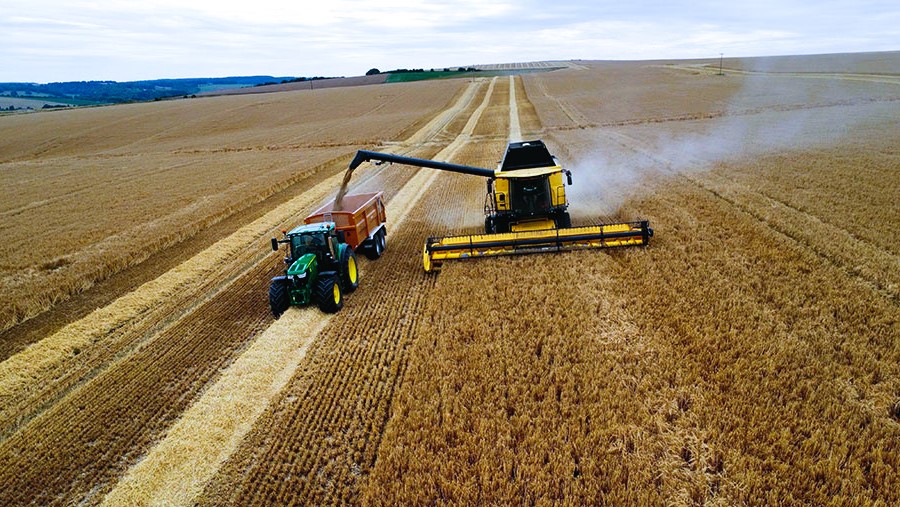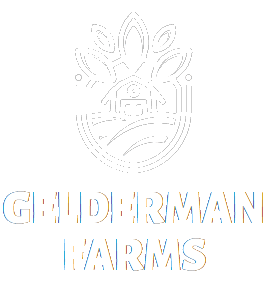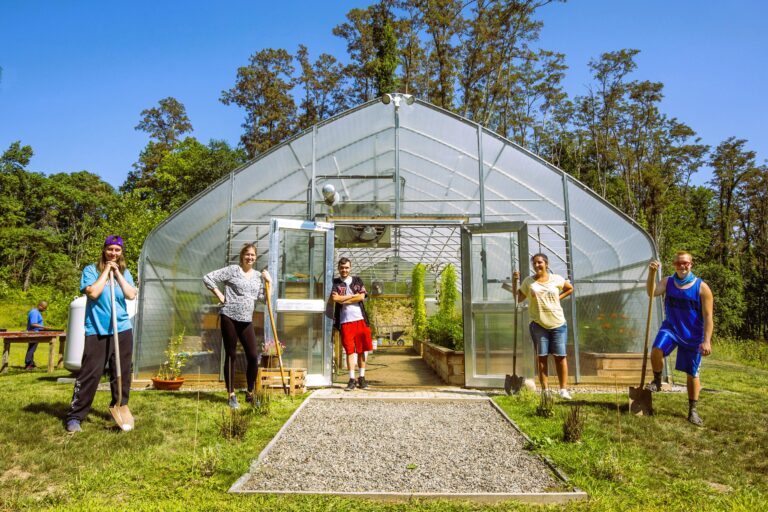For private farmers, achieving bountiful harvests is a paramount goal. Maximizing crop yields not only ensures food security and financial stability but also contributes to the overall prosperity of the agricultural industry. Successful crop management involves a combination of science, technology, and best practices. This article delves into proven strategies for increasing crop yields on private farms, covering aspects such as soil health, irrigation techniques, pest management, crop rotation, and the significance of adhering to standardized guidelines.
Section 1: Soil Health and Fertility
The foundation of any successful crop management strategy lies in nurturing healthy and fertile soil. Soil analysis is a critical step to identify nutrient deficiencies and pH imbalances. Based on the results, farmers can tailor their fertilizer application to meet the specific needs of their crops. Moreover, organic matter incorporation, through practices like cover cropping and composting, improves soil structure and enhances nutrient retention, promoting optimal plant growth.
Section 2: Efficient Irrigation Techniques
Proper irrigation is essential for ensuring that crops receive the necessary moisture to thrive. Different crops have distinct water requirements, and understanding these needs is crucial for effective water management. Utilizing modern irrigation methods such as drip irrigation and sprinkler systems allows farmers to deliver water directly to the root zone, reducing wastage and conserving this precious resource.
Section 3: Integrated Pest Management (IPM)
Pests and diseases can devastate crops if left unchecked. Implementing Integrated Pest Management (IPM) practices involves a comprehensive approach that includes preventive measures, biological controls, and judicious use of pesticides when necessary. By carefully monitoring and identifying pest populations, farmers can strike a balance between pest control and maintaining a healthy ecosystem on their farm.
Section 4: Crop Rotation and Diversification
Monoculture, the continuous cultivation of a single crop, can lead to soil degradation and increased pest pressure. Crop rotation, on the other hand, involves alternating crops in a planned sequence, providing multiple benefits. It helps break pest cycles, prevents nutrient depletion, and enhances soil health. Furthermore, diversifying crops can also spread financial risk and tap into diverse market opportunities. Protecting biodiversity on Abbotsford farms, read more in this article.
Section 5: Standardized Guidelines for Crop Management

Adhering to standardized guidelines is instrumental in ensuring that farmers follow industry best practices. These guidelines are often established by agricultural experts, regulatory bodies, and government agencies to promote sustainable and safe farming practices. Farmers can refer to reputable sources such as Wikipedia’s “Agricultural Standards” page (https://en.wikipedia.org/wiki/Agricultural).
Section 6: Leveraging Technology
Advancements in agricultural technology have revolutionized crop management. Farmers can now employ various technologies, such as precision agriculture, remote sensing, and farm management software, to optimize their operations. These tools enable data-driven decision-making, accurate resource allocation, and improved efficiency, ultimately leading to higher yields.
Section 7: Seasonal Planning and Climate Resilience
Effective seasonal planning is essential for maximizing crop yields. Farmers must align planting and harvesting schedules with climatic conditions to optimize growth and minimize the impact of adverse weather events. Additionally, developing climate-resilient strategies, like selecting drought-tolerant or heat-resistant crop varieties, can enhance the farm’s capacity to withstand environmental challenges.
Conclusion
Maximizing crop yields on a private farm requires a holistic approach that encompasses soil health, efficient irrigation, integrated pest management, crop rotation, adherence to standardized guidelines, and embracing technological advancements. By implementing these proven strategies, farmers can enhance their farm’s productivity and sustainability, ensuring bountiful harvests for years to come. As the agricultural landscape continues to evolve, staying informed and adapting to new innovations will be crucial in the quest for continuous improvement and success in private farm management.



